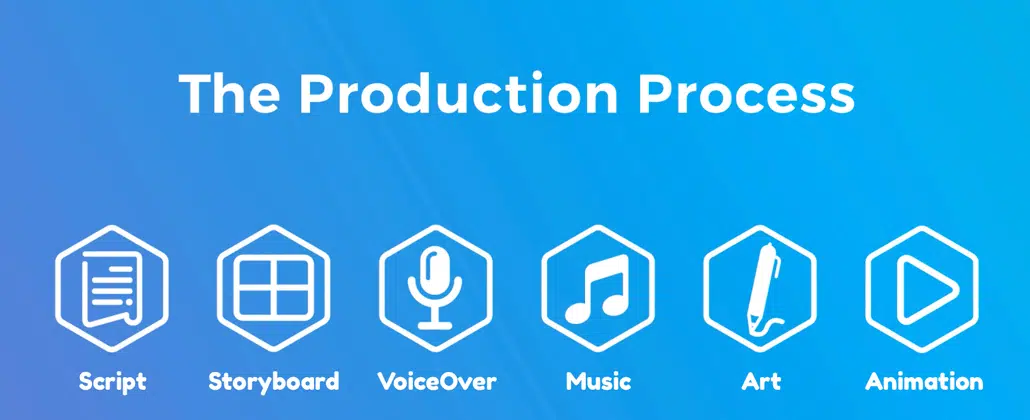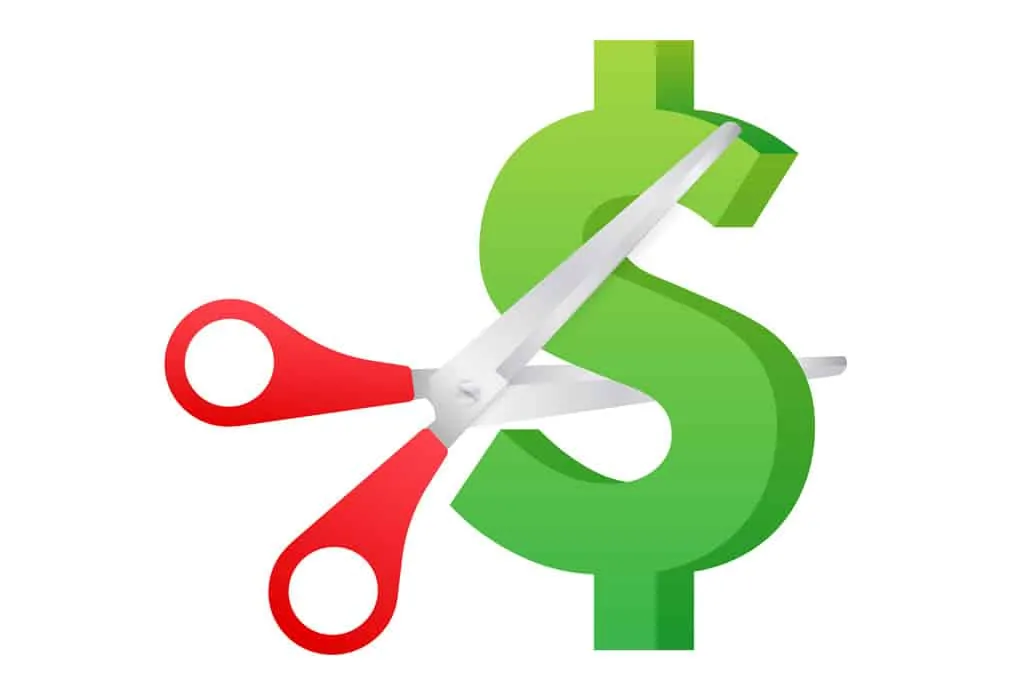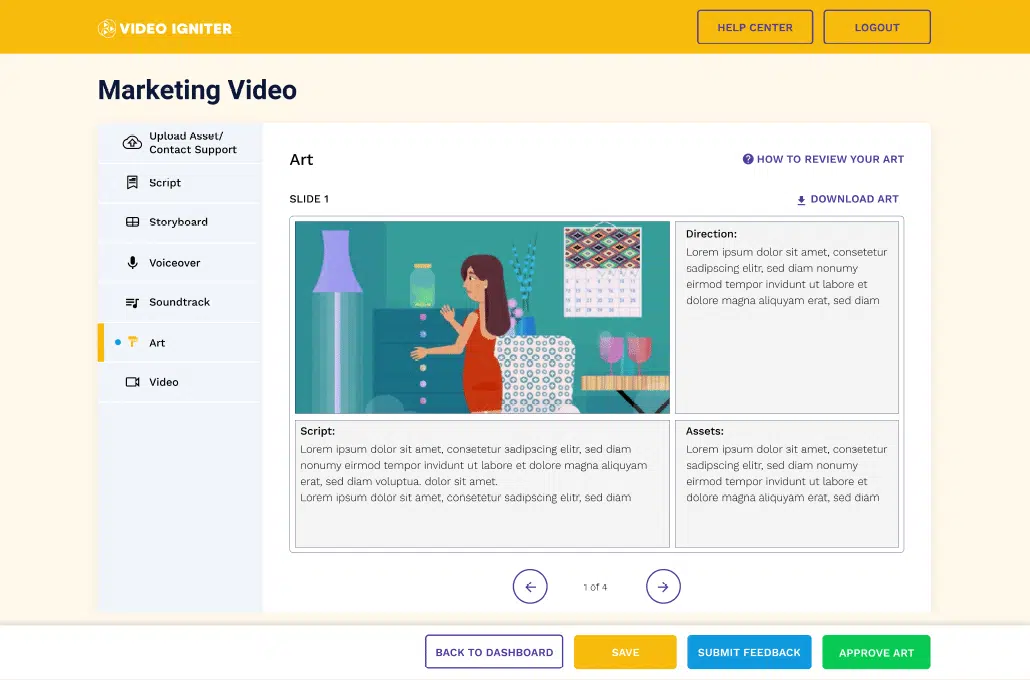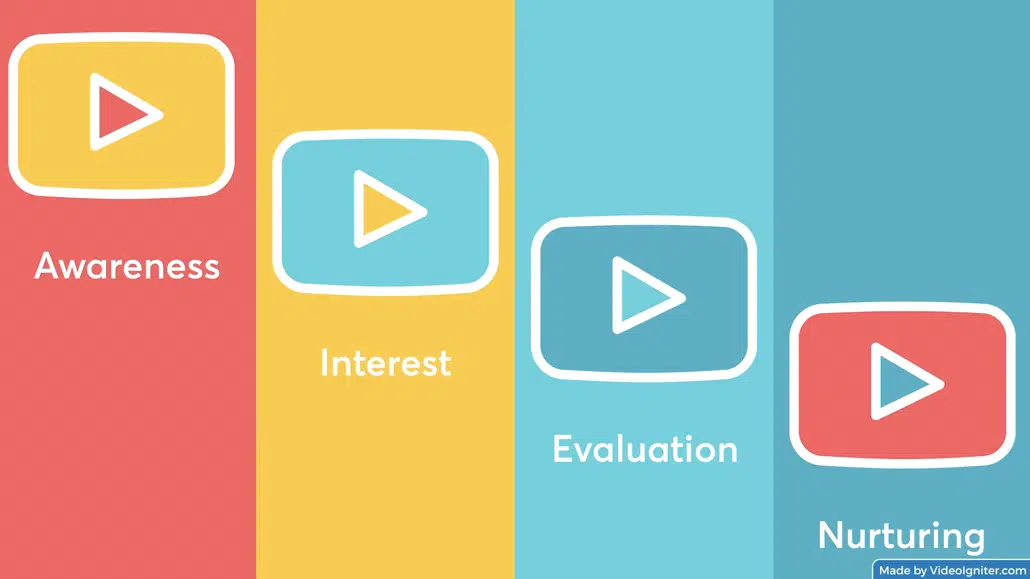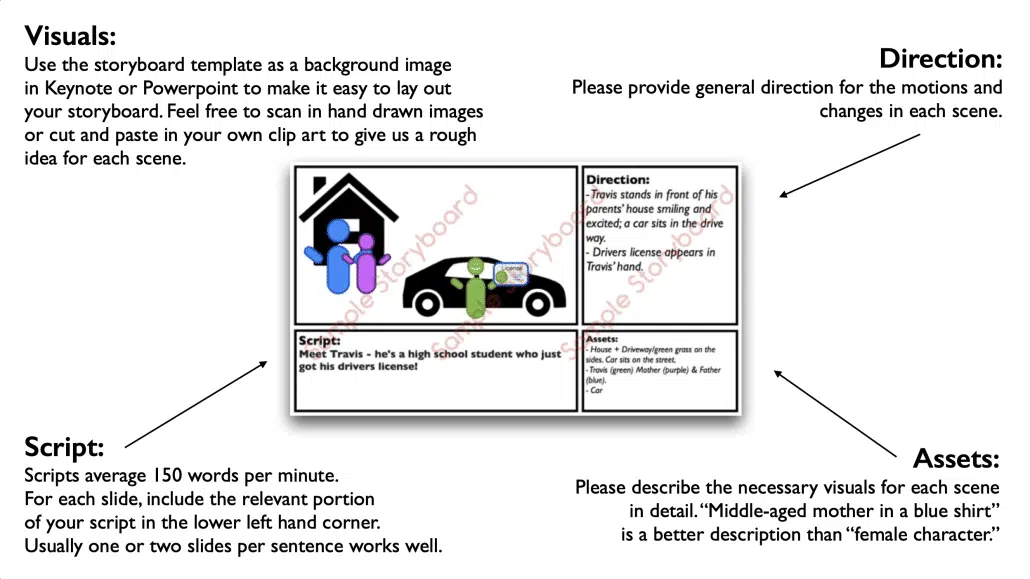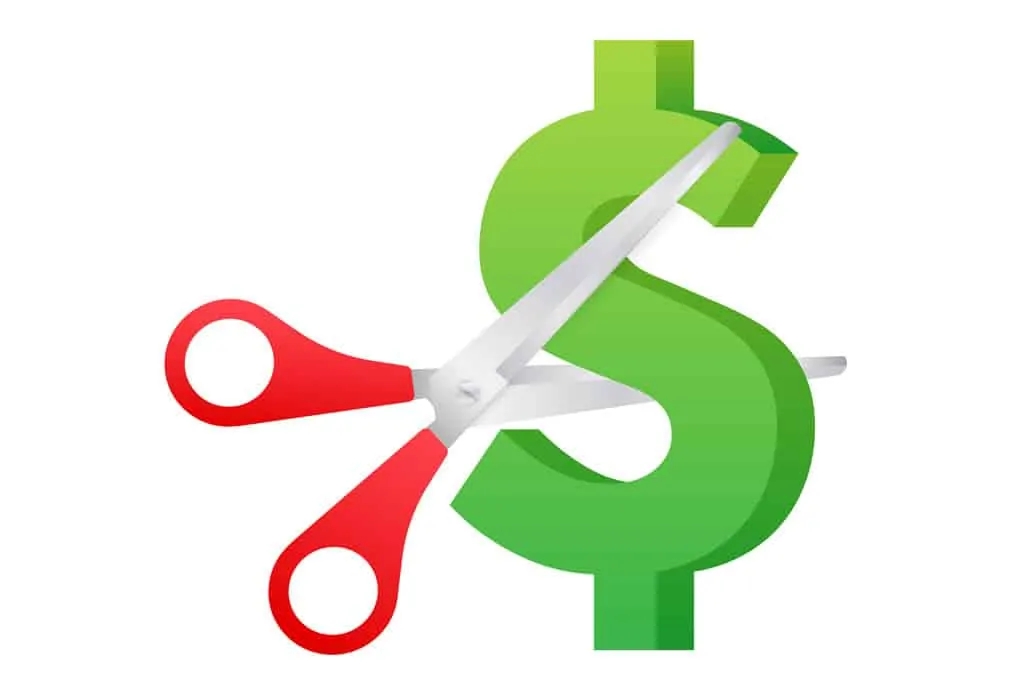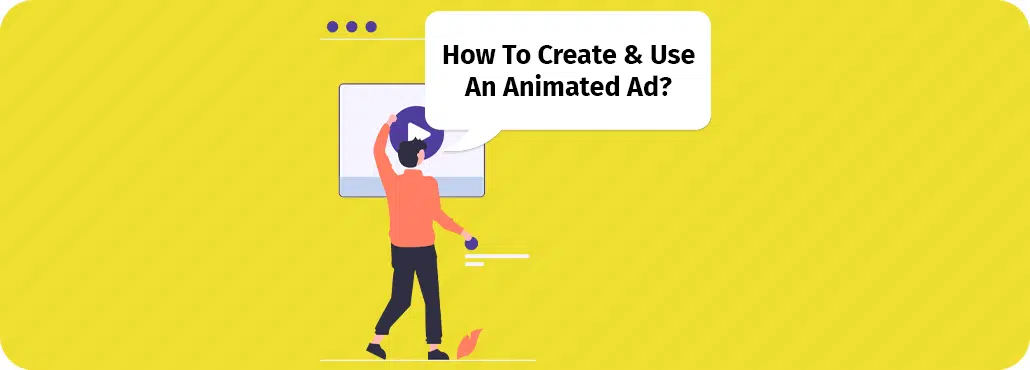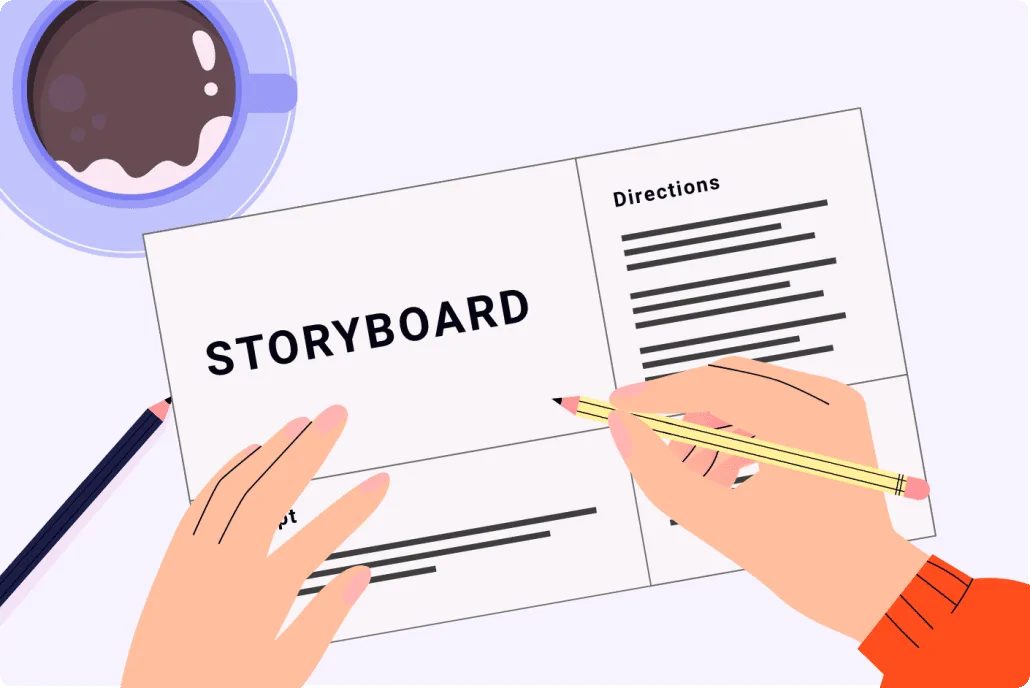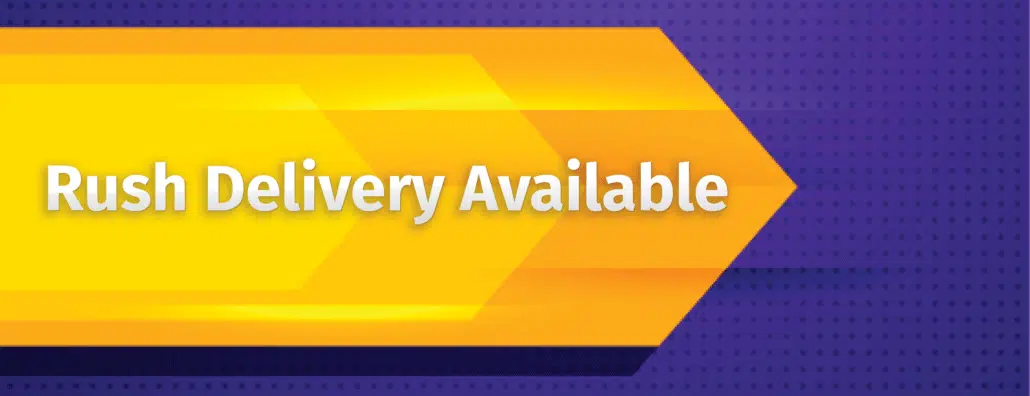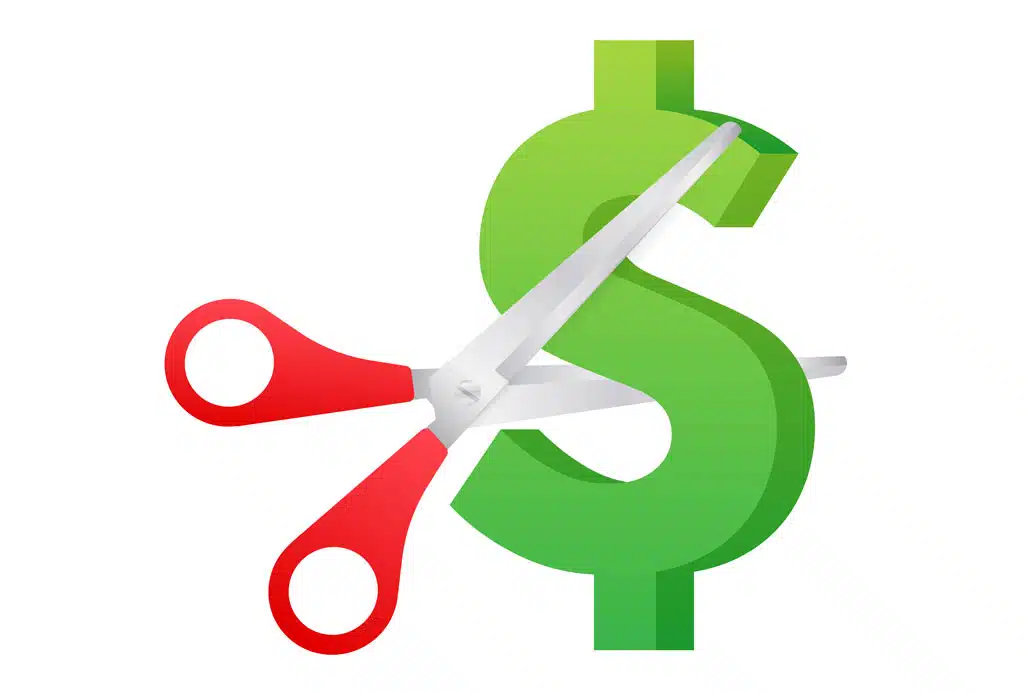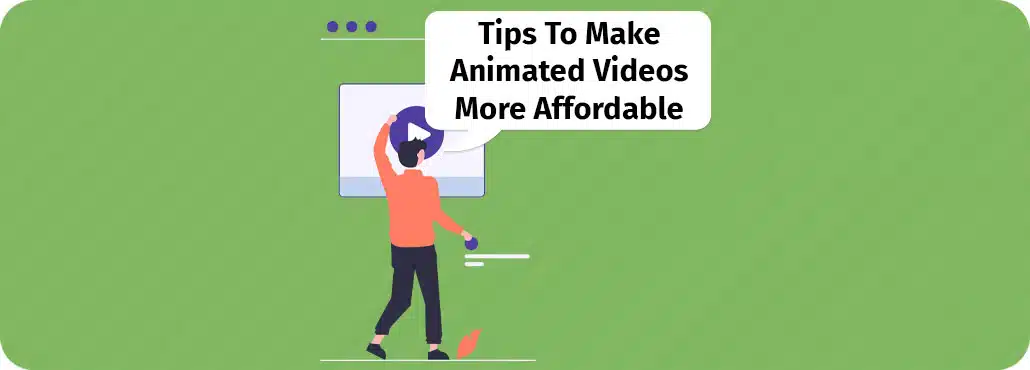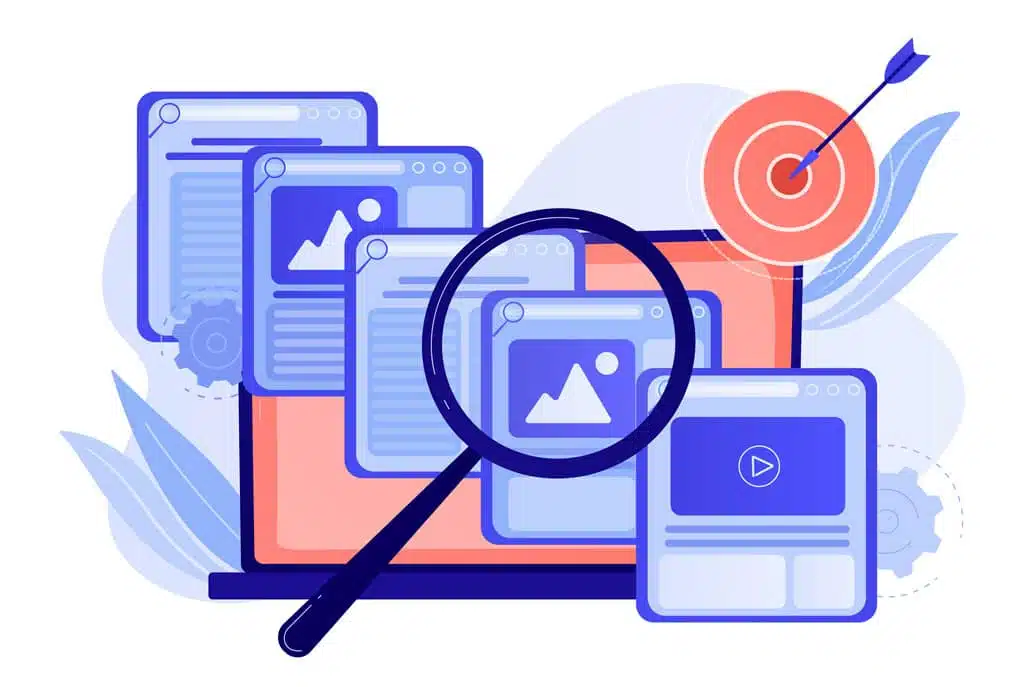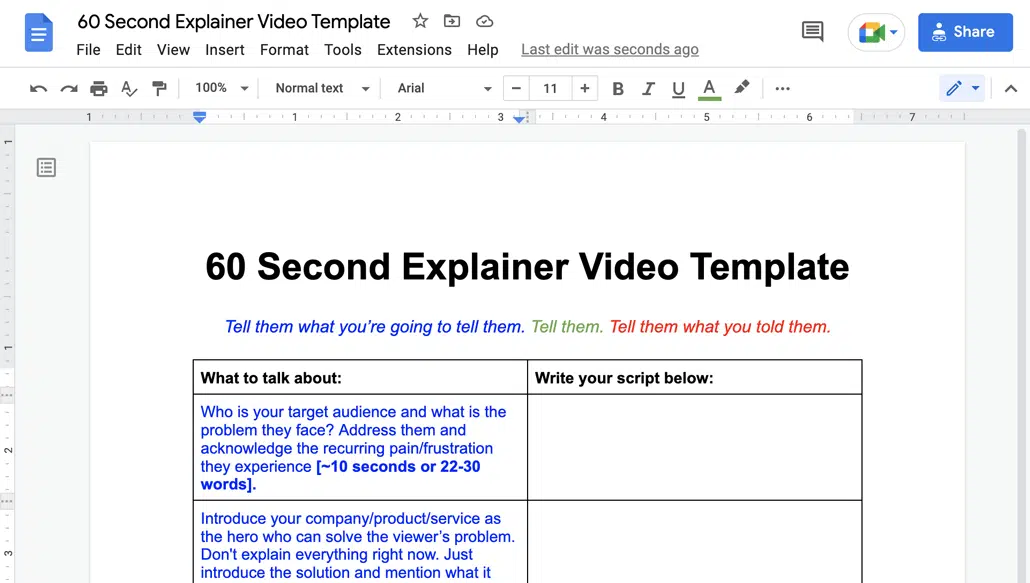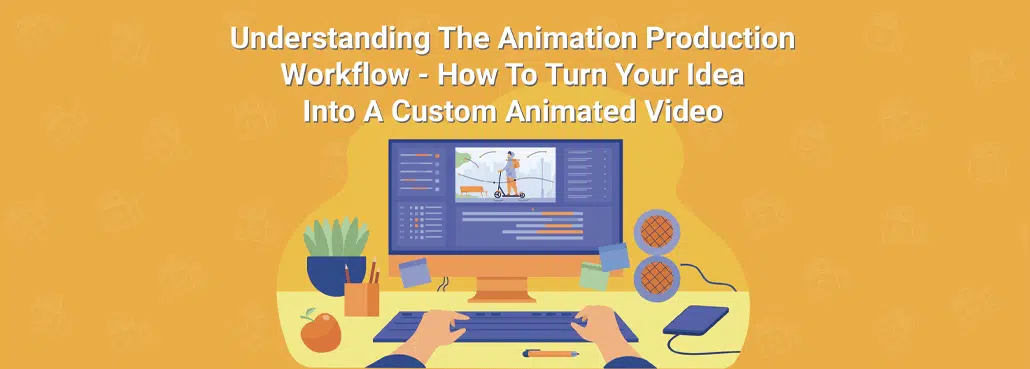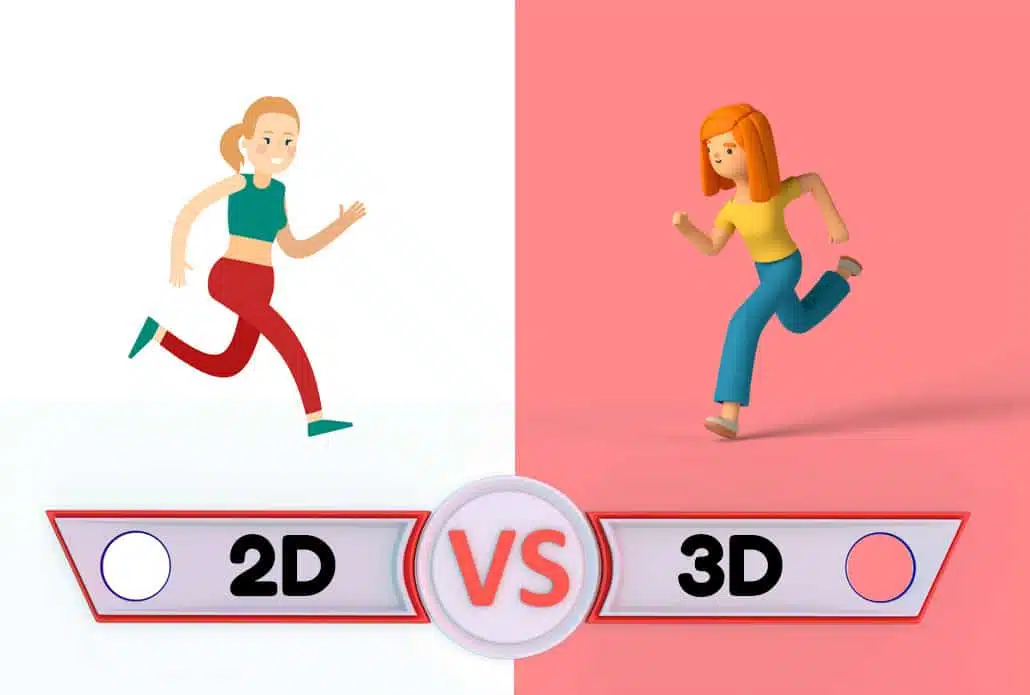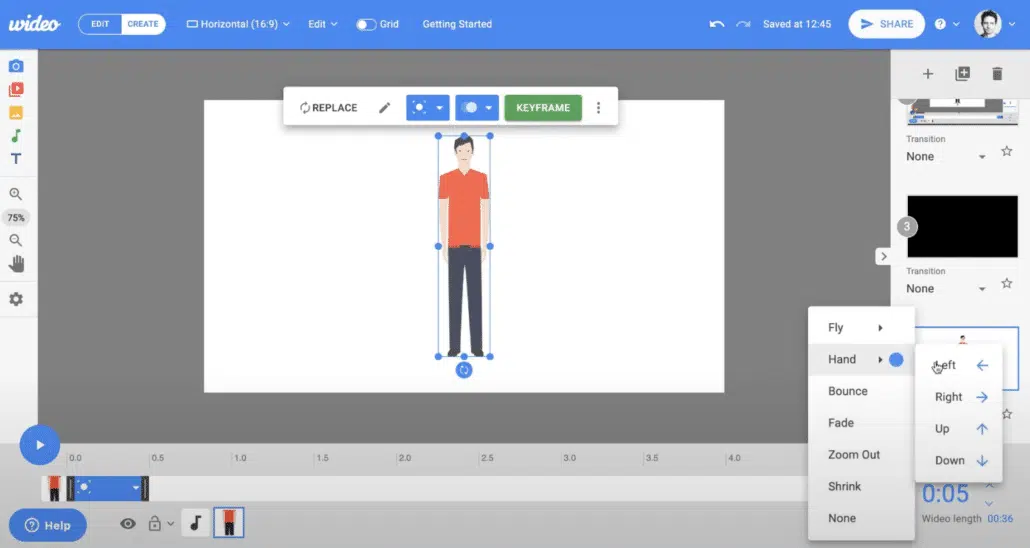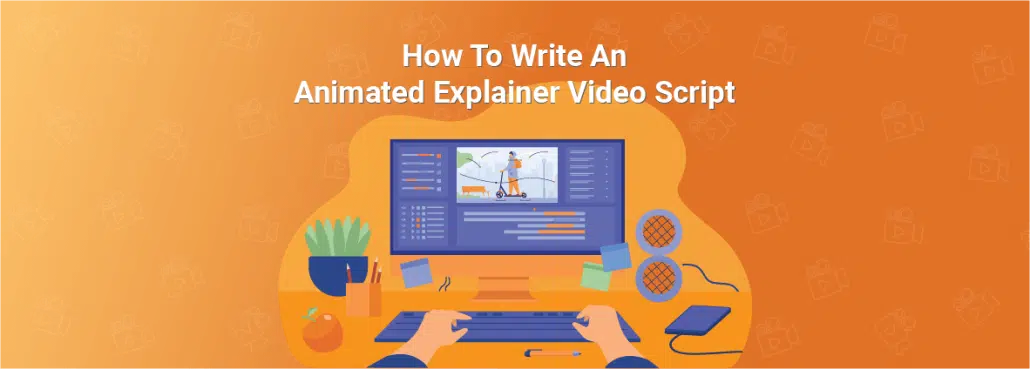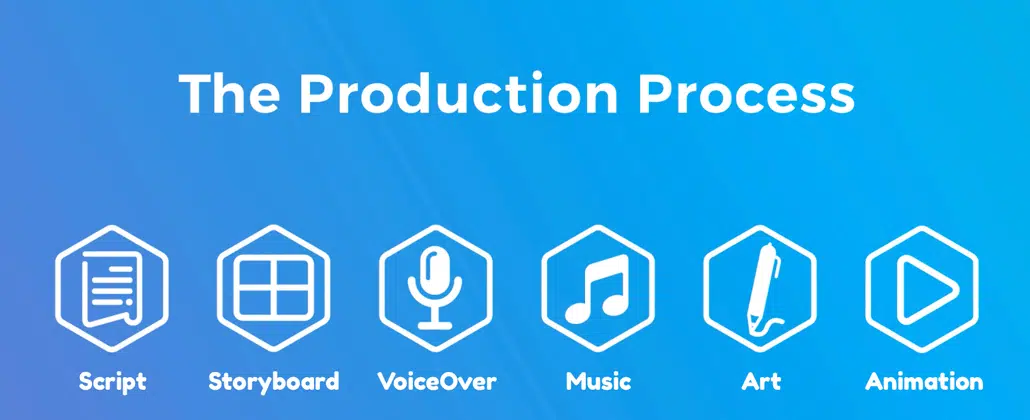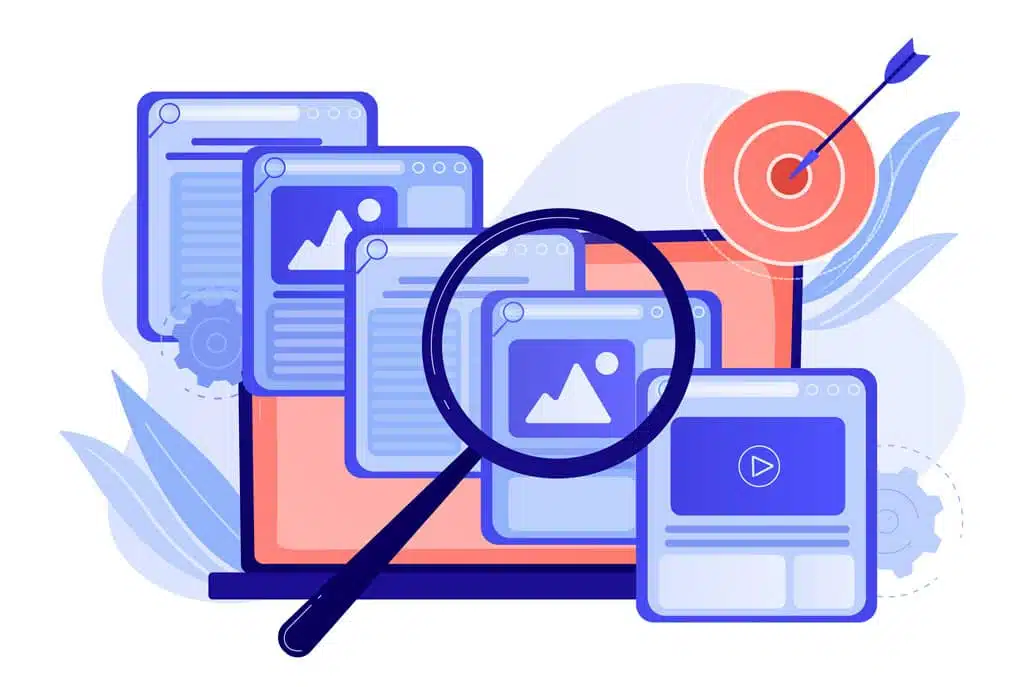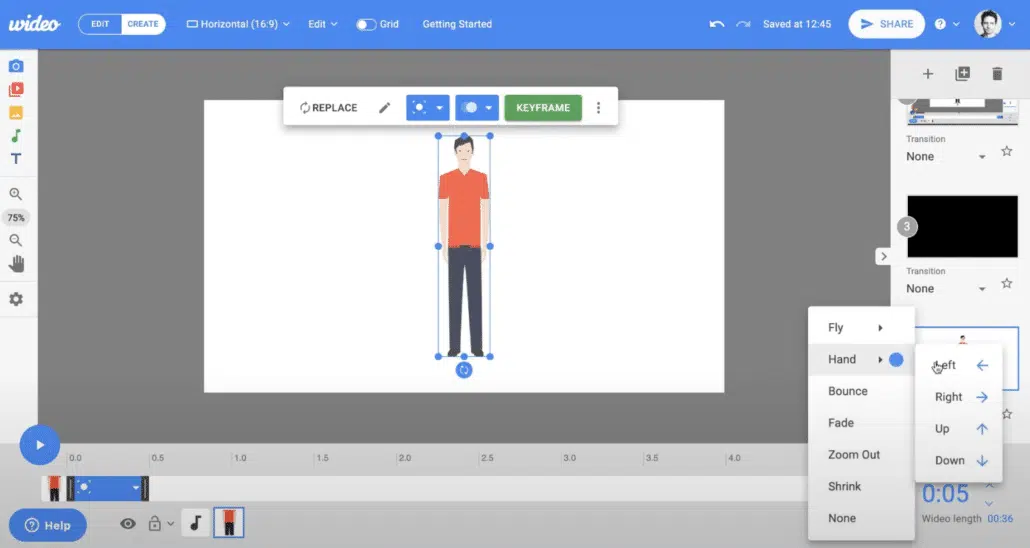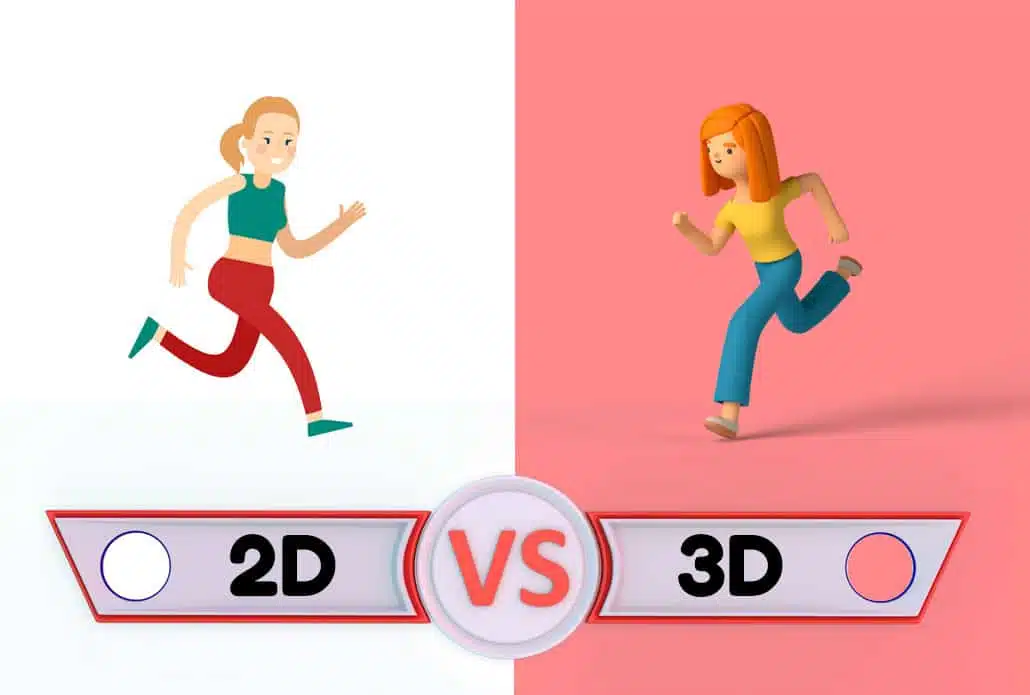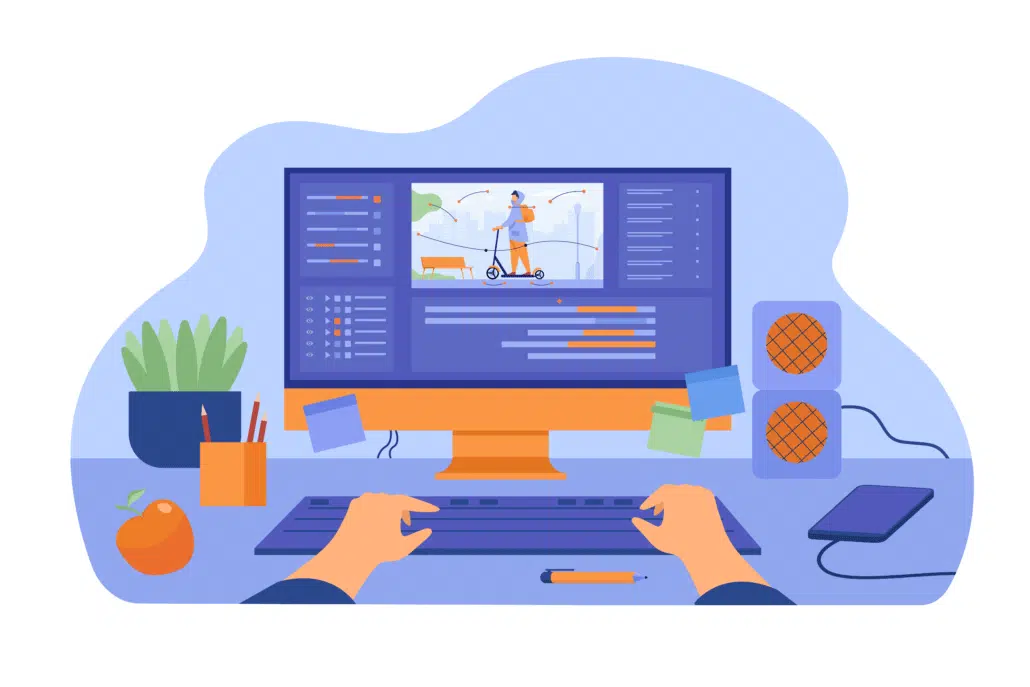Animated Video Soundtrack
Table of Contents
Soundtracks enhance the presentation of your animated video. It helps draw viewers into your world and keep them focused as they experience your animated story or message. But how do you find the right soundtrack for your animated video? In this guide, we answer the most frequently asked questions about soundtracks for animated videos.
If you have a question about animated video soundtracks that isn’t answered in this article, you can use our contact form to ask your question or click the image below to with a member of our production team:

How to get the right soundtrack for your animated video?
Video Transcript:
Picking the right soundtrack for your video helps put your viewers in a more favorable psychological state when they’re watching your video.
Here’s a ten second promo video we ran for Video Igniter with a bad soundtrack and then I’ll play it again with the good soundtrack.
Note how the first one kind of disrupts your consumption experience and the second soundtrack makes the video more enjoyable to consume.

Pretty big difference, right?
Now that you can appreciate how a good soundtrack can suck people in to your video, here are some sites you can visit to search for the ideal soundtrack for your video.
If you’re looking for a free soundtrack, check out Incompetech.

On the paid side of things, Premium Beat & Audio Jungle have great selections of reasonably priced soundtracks that you can use for your video. You can go ahead and download watermarked versions of the soundtracks for free so that you can try putting them in the background of your video to feel how they meld with the visuals and voiceover.
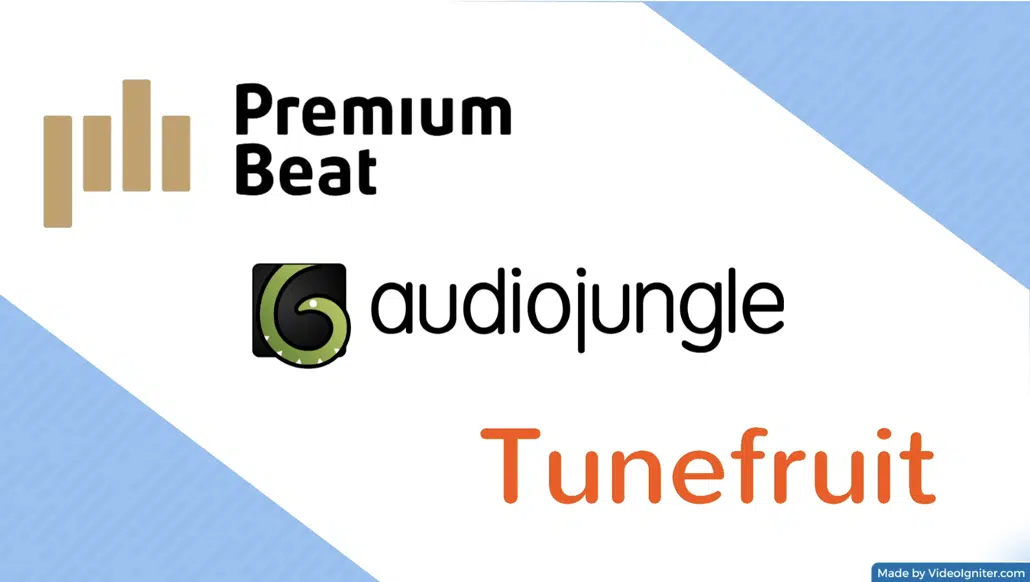
Sometimes it takes a few tries, but eventually you’ll find one that just feels right.
That’s all for this episode, thank you for watching. And if you want to support the show, share this content with someone who will find this useful. And you can subscribe or like the content on these channels.
That’s all for this episode of The Video Igniter Show where you can learn about how you can use animated videos to improve your business . In this episode, you’ll learn how to pick the right soundtrack for your video and where to get good soundtracks for under $100 – and even for free.
Why do soundtracks matter?

Soundtracks enhance the presentation of your animated video. They add ambiance and curate the mood of your animated video. Do you want to make your video feel exciting? Serious? Somber? Scary? Funny? There are 3 main ways you can elicit various feelings in your viewer and it comes down to the visuals you show them, the tone of the voiceover narration, and the tone of the music in the background. Changing soundtracks is the easiest way to dramatically change the way viewers perceive your animated video. That’s why it’s worth previewing several different soundtracks alongside the first draft of your animated video so you can feel which one brings the magic.
Where can I buy a soundtrack for my animated video?
How much does a soundtrack cost for an animated video?
Most stock music is available to purchase for $5-$399. You may need to pay extra to acquire the broadcast rights for your animated video.

What are broadcast rights and how much do they cost?
Broadcast rights mean you have permission to use the soundtrack you purchased in broadcast media channels. This means TV and Online.
Many stock music sites include broadcast rights within the cost of the soundtrack when you buy them – but not all of them. When you do need to pay for broadcast rights for stock music, it usually only costs a few hundred dollars (or less). Popular songs that everyone can recognize cost 10’s to 100’s of thousands of dollars to license. Whether the song you want to license is popular or comparatively unknown, the cost of the broadcast rights can vary depending on the projected size of your audience..
Here’s an example of Audio Jungle’s audience levels for broadcast rights.
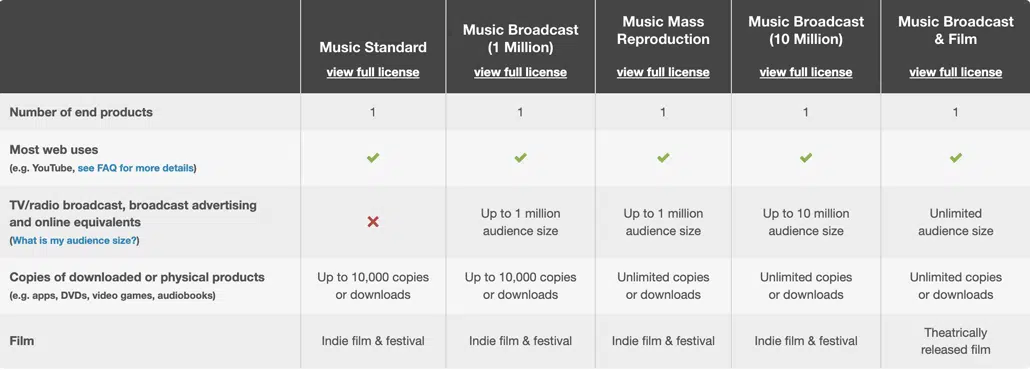
Audio Jungle’s Broadcast Rights Usage for Soundtracks for Animated Videos.
How do I get a custom soundtrack for my animated video?
You can look on sites like Freelancer and Fiverr or you can get a quote and let us know that you’re interested in creating a custom soundtrack for your animated video. We have a list of music producers we work with whenever a client wants a custom soundtrack.
Where to get free soundtracks for your animated video
Free soundtracks are available at Incompetech if you credit the artist. Facebook’s Sound Collection also offers a free library of soundtracks you can use within your video ads.

How to test the soundtrack for your animated video?
Sometimes you can hear a song and instantly know it’s going to be amazing in your video. But other times, it’s not as easy. In this case, we recommend waiting until the first draft of your animated video is ready. Then you can listen to the various soundtracks on low volume while you press play on the video on your computer or phone. Usually, you’ll feel it in your body. There will be a sensation that says ‘this fits, this is right.” If you’re not getting a strong reaction to any of the soundtracks, select new options.

The Role of Sound Design vs. Soundtrack in Animated Videos
When people think about an animated video soundtrack, they often picture only background music. But the soundtrack of an animated video is broader than that—it also includes sound effects and the way audio elements are layered together to create an immersive experience.
- Music sets the emotional tone of the story.
- Sound effects (SFX) add realism and bring animated movements to life. For example, a “whoosh” sound when text flies onto the screen makes the animation more dynamic.
- Mixing & mastering ensure that the music doesn’t overpower the narration and that all sounds blend harmoniously.
When planning your animated video soundtrack, think beyond just choosing one background track—consider how each layer of audio will interact to engage your audience.
Choosing the Right Genre for Your Animated Video Soundtrack

Different genres of music communicate different feelings to your viewers. Here are a few common genres and how they can shape perception of your video:
- Corporate / Inspirational: Uplifting piano, guitar, or orchestral music works well for explainer videos and business presentations.
- Electronic / Futuristic: Great for tech startups, blockchain explainers, or product demos.
- Playful / Cartoonish: Quirky soundtracks with bells, xylophones, or upbeat tempos fit perfectly for children’s content or lighthearted ads.
- Cinematic / Dramatic: Ideal for storytelling videos or brand films that want to inspire awe.
- Minimalist / Ambient: Good for background-heavy explainer videos where the voiceover should take center stage.
Choosing the right genre for your animated video soundtrack helps ensure the music doesn’t just sound good—it supports the overall message of your video.
How Animated Video Soundtracks Influence Audience Behavior

Research in psychology and marketing shows that music directly affects how people perceive and remember content. An animated video soundtrack can:
- Boost retention: Studies suggest that viewers are more likely to remember visuals paired with the right music.
- Encourage action: Upbeat music can energize viewers to click, sign up, or buy.
- Shape brand perception: A consistent soundtrack style across your video library builds a recognizable brand identity.
- Hold attention longer: Animated videos with engaging soundtracks tend to have higher completion rates compared to silent or poorly scored videos.
If your goal is to increase conversions with animated video, the soundtrack is not just an accessory—it’s a strategic tool.
Common Mistakes to Avoid When Selecting an Animated Video Soundtrack

Many first-time video creators make errors when picking music. Here are a few pitfalls to avoid:
- Choosing music you like, not what fits. The right soundtrack is about your audience, not your personal taste.
- Overpowering the voiceover. If your viewers can’t clearly hear the narration, your message is lost.
- Using popular copyrighted songs. It may seem tempting, but licensing costs are usually far too high for business use.
- Inconsistent tone. Switching between drastically different styles of music in a single video can confuse the audience.
- Ignoring rights and usage terms. Failing to secure the right license can lead to copyright takedowns.
Avoiding these mistakes ensures your animated video soundtrack enhances—rather than detracts from—your message.
Tools to Edit and Sync Soundtracks with Animation

Finding the right track is only half the job. You also need to make sure your soundtrack syncs perfectly with the pacing of your animation. A few helpful tools:
- Adobe Audition & Premiere Pro: Professional software for mixing, syncing, and adjusting volume levels.
- Audacity (free): Great for trimming, fading in/out, and basic mixing.
- DaVinci Resolve: Offers both video editing and advanced audio controls.
- GarageBand (Mac users): An easy entry point for layering music and effects.
Using these tools, you can ensure that your animated video soundtrack lines up seamlessly with scene transitions, character movements, and voiceover cues.
Should You Use One Soundtrack or Multiple Tracks?
Some animated videos work best with one continuous soundtrack, while others benefit from multiple tracks.
- Single soundtrack: Keeps things smooth and consistent. Ideal for short explainers under 90 seconds.
- Multiple tracks: Helps shift tone between sections. For example, you might use light background music during the setup, then a more energetic track when introducing the solution or product.
If you’re unsure, test both approaches to see which one best supports your story flow.
How to Build a Unique Brand Sound for Animated Videos

Just like companies have brand colors and logos, you can also develop a sonic identity—a recognizable sound associated with your brand. Over time, using similar types of animated video soundtracks creates familiarity and trust.
Tips for building a brand sound:
- Choose a consistent genre or mood across your videos.
- Consider working with a composer to create a short signature melody.
- Keep your soundtrack volume and mixing style consistent across productions.
This strategy helps audiences instantly associate your videos with your brand—even before they see your logo.
The Future of Animated Video Soundtracks

With the rise of AI-generated music, creators now have new ways to develop unique soundtracks affordably. Tools like AIVA, Suno & Soundraw let you create music tailored to the mood and length of your video.
Future trends may include:
- Adaptive soundtracks that change based on viewer interaction.
- Personalized music that matches a user’s preferences.
- Spatial audio to make animated videos feel more immersive on AR/VR platforms.
Staying ahead of these trends can help your animated video soundtrack stand out in a crowded digital landscape.
What is the Video Igniter animated video production platform?

Video Igniter offers animated video production services online. We’ve modernized the experience of creating a custom animated video to help you save on your production production costs, and create custom content faster. We streamline the complex process of making an animated video and do all the work for you. All you need to do is tell us what you want us to create and then send feedback for the assets that we create for your animated video (script, storyboard, voiceover, soundtrack, art and animation).
If you’re looking for a website to make an animated video, Video Igniter is a new kind of custom animated video production service that enables you to create any kind of animated video you can imagine. Our talented staff collaborates behind the scenes to create custom 2D and 3D animated videos so you don’t have to figure out if you have the right video animator for the kind of animation you want to get created. We handle all the technical and creative aspects of production for you including your video script and storyboard (if you haven’t already created them yourself).
Animated Video Soundtrack Production Resources
These popular articles are recommended for people interested in animated video soundtracks:
Video Igniter’s Comprehensive Guide to Animated Video Production
How To Review Your Animated Video Project Assets
Looking To Make An Animated Video? Hire Video Igniter!
World class animation and design talent at prices startups can afford.
Check out our animation portfolio – we can make any kind of 2D or 3D custom animated video you can imagine.
+20 reasons companies love hiring us to create animated videos.
Animated Video Demo Reel
Are you looking for an example of a different style of animation? Send us a message to let us know what kind of animation example you want to see and we will follow up with relevant production samples.
Looking For An Explainer Video Company In The U.S.?
Video Igniter is headquartered in Seattle, Washington.
Animated Video Success Stories and Testimonials
“My whole family and everyone on Facebook thinks you are amazing. My whole office is freaking out.”
Patricia Shields – Real Estate Agent
“Video Igniter came to us with a number of creative and engaging ideas and were able to create an exciting, impactful video in a short period of time. And the best part was that it cost much less than other options of similar quality. The video they made is a great marketing tool for us.”
Alex Raymond – Founder, Kapta Systems
“Video Igniter offered us the critical combination of creative value, clear communication, and patience with stakeholder feedback. We ended up with truly high-quality design assets for our video series largely due to the extra level of commitment — and the right balance of efficiencies with flexibility in the process when called for.”
Larry Schlessinger – Sr. Creative Program Manager, Amazon Web Services
Hire us for your animated video project
Get a quote for us to create your video.
Schedule a call with our production team.
Check out our animation portfolio.
Request access to our newest price sheet.
Create your Video Igniter account, fill out a creative brief, and we’ll start creating your animated video.
